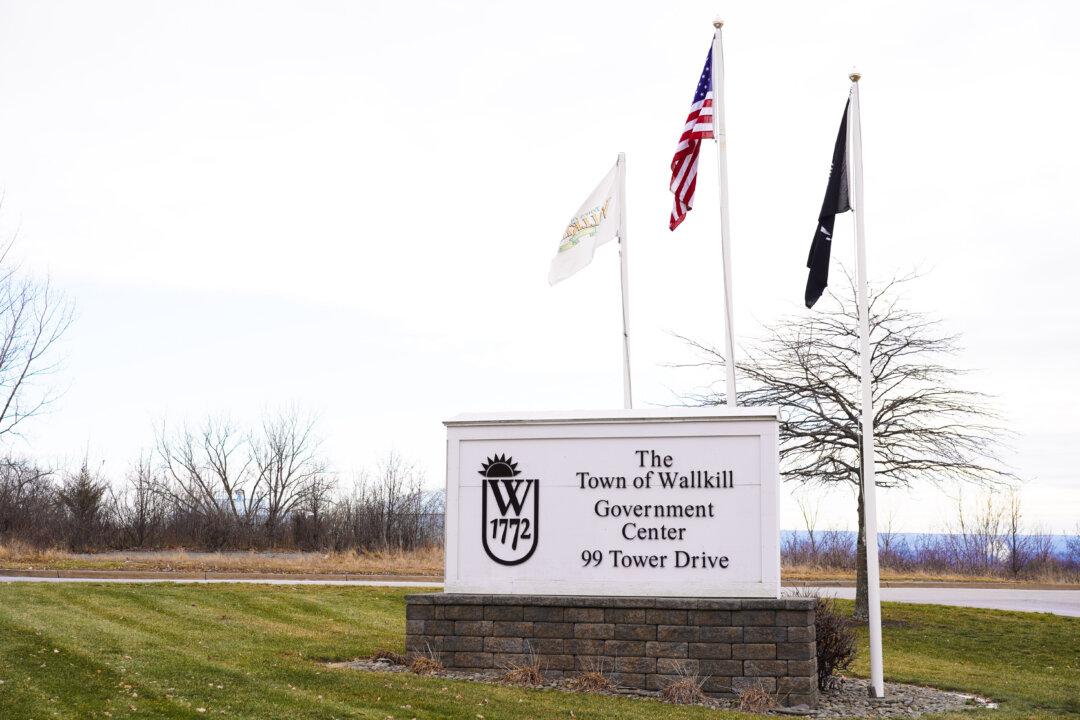The town of Wallkill, New York, updated its code governing procurement practices on Nov. 9 to match the guidelines set by state law.
The town adopted the code in 1992 and last updated it in 2004.

The town of Wallkill, New York, updated its code governing procurement practices on Nov. 9 to match the guidelines set by state law.
The town adopted the code in 1992 and last updated it in 2004.